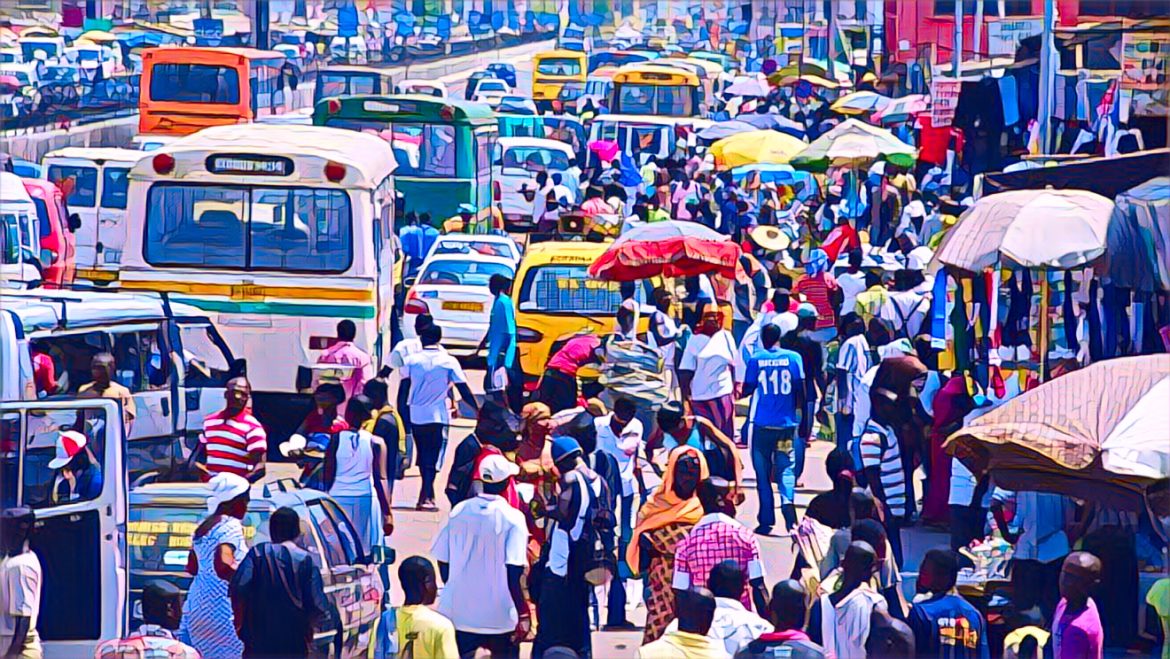KEY POINTS
- Urban living fosters smaller family units, reducing extended family interaction.
- Increased workforce participation among women challenges traditional gender norms.
- Reliance on external childcare can alter cultural transmission and family dynamics.
Urbanization has greatly transformed the organizations of families within Nigeria since inhabitants of Lagos, Abuja, Port-Harcourt, and many other cities come from the rural areas in search of better living standards and better economic opportunities.
But as many students and employees find themselves living in urban areas, they come across various challenges due to changes in roles, structures, and culture.
This change is indicative of the process that families undergo when endeavoring to meet urban requirements whilst attempting to uphold convention.
Shift from extended to Nuclear Families
Traditionally Nigerian families lived in what may be referred to as a joint family system, where parents and grandparents live with other generations in a single dwelling forming a single household, pooled resources and resources were shared and everyone in the household was expected to support one another.
Residents of the urban areas have described changes in family systems where many do not own space and means to accommodate elderly relatives as nuclear families.
Nuclear families are dominant among the urban dwelling population, yet they do not offer the extended cultural and family support which used to be inherent in the more traditional large family setting.
This change has major social consequences, by the way in which urban families are relying more and more on child-minding services or to neighbors, rather than to relatives.
Changing gender roles and economic contributions
Gender roles have also been shifted by urbanization especially because most households are now earning from both the husband and the wife.
This means that the fight for women employment opportunity to meet families’ needs is increasing, thereby changing social relations of gender.
The new economic relations for partnership and financial contribution are changing gender roles in household and childcare to show more involvement from men.
However, the establishment of work family interface can bring about the aspect of stress since both partners have to combine their working challenges with family issues.
An element of role-reversal has arisen in this connection as people are much more sensitive to inequality in relationships and have come to demand equality and fairness for themselves as well.
Impact on childcare and socialization
With the rise of dual-income families, urban households increasingly rely on paid childcare providers or daycare facilities.
This dependence can affect children’s socialization, as they spend more time away from traditional family members who might otherwise impart cultural values and norms.
Additionally, the physical separation from grandparents, aunts, and uncles weakens the influence of extended family on young children, often diminishing the transmission of cultural heritage.
This dynamic creates a new socialization model, where schools and peer interactions may play more central roles in shaping identity.
Housing constraints and family cohesion
Urban housing in Nigeria’s bustling cities often means smaller, more confined living spaces, which can lead to stress and tension among family members.
Overcrowded conditions may strain family relationships, as members compete for privacy and personal space. Housing limitations also reduce the frequency of visits from extended family members, weakening intergenerational bonds.
With less space for interaction and communal activities, the family cohesion once common in larger homes and villages may give way to more individualistic lifestyles.
Influence on marriage and divorce rates
Urbanization is altering attitudes toward marriage and family life. The exposure to diverse lifestyles in cities often influences personal perspectives, leading to more liberal attitudes about relationships and marriage.
Studies have noted a rise in divorce rates in urban areas, attributed to factors such as economic pressures, career conflicts, and shifting expectations about partnership roles.
In this context, some couples prioritize individual ambitions, often leading to increased instances of delayed marriages, cohabitation, and single-parent households.
These trends reflect an evolving marital landscape that departs from the stability typically observed in rural areas.
Erosion of traditional values
The urban lifestyle in Nigeria tends to promote individualism over the collective values traditionally upheld in rural communities.
In cities, people are more likely to live independently and pursue personal goals, often at the expense of communal obligations and relationships.
This shift can lead to the erosion of values that emphasized family loyalty, respect for elders, and communal responsibility. The impact of this cultural shift is visible in family interactions, where younger generations may adopt more liberal views that diverge from the conservative values of older family members.
This trend calls for a re-examination of how families can retain cultural values in a rapidly modernizing environment.
Adaptation and resilience of families
However, urbanization has some impact on Nigerian families’ ability to ‘do family’, though many Nigerian families remain quite resilient in adapting to the pressures of urban life.
They keep touch with relatives even those of the distant generations through social networks, are active in community capacities, and utilize sect traditional principles in an urban setting.
This versatility helps families maintain culture and company benchmarks, as well as possession of proper identities within a constantly transforming urban environment.
Occasionally, families learn that living in cities provide children with different opportunities; educational facilities, health care, and job opportunities, making them accept the lifestyle between tradition and modernity.


